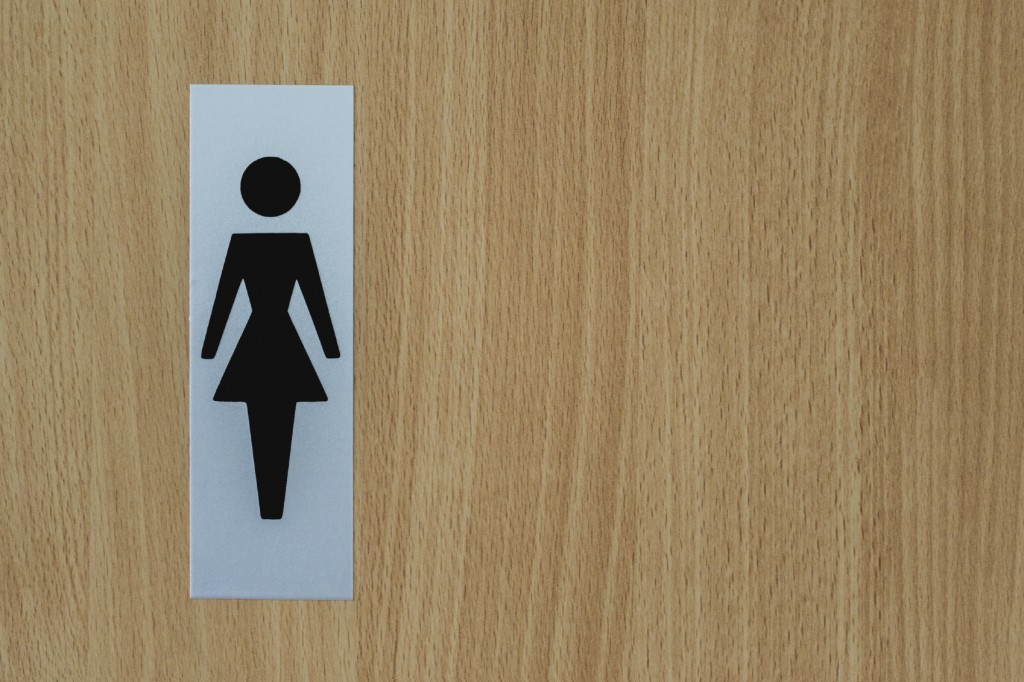The Snorer is the brunt of the joke in cartoons, sitcoms, and often around the dinner table. While the symphony of sound that emanates from a snorer is indeed chuckle-worthy, the presence of chronic snoring is no laughing matter, especially if the one doing the snoring is significantly overweight.
Snoring, snorting, and the abrupt stops and starts of inhalation may be a sign of a very deadly condition known as sleep apnea. The person who suffers from sleep apnea is basically depriving their brain and body of adequate oxygen frequently throughout the night. This oxygen deprivation leads to a condition known as oxidative stress, which itself can be the cause of cardiovascular disease, dementia, insulin resistance, and sudden death.
Common characteristics of a person with sleep apnea include:
- Loud snoring
- Overweight
- Neck circumference >16 inches for women, >17 inches for men
- Excessive daytime sleepiness
- Regularly wake with headaches, dry mouth, or sore throat
- Trouble staying asleep at night, wake up gasping for air
- Observed pauses in breath cycles while sleeping
If you or a loved one seem to fit the mold of someone with sleep apnea, there are two things you must do today. First, contact a sleep center and schedule to have a Sleep Study performed (or get a referral from your primary care physician). Second, get serious about losing some weight. A reduction of just 10% of your body mass can often times significantly reduce the number of sleep apnea episodes per night. This will markedly lower your risk of secondary disease.
Special note: An “at home” sleep study does not tell the whole story when it comes to diagnosing sleep apnea. The exam must be able to assess the sleeping position in which your breathing is becoming diminished / halted as well as whether or not your diaphragm is contracting at the time of the apneic event. Don’t be concerned that you will not be able to sleep in a sleep center setting. Just an hour or two of sleep will allow the examiner all the information they need to properly diagnose and intervene for your particular form of apnea.
Hear Lisa’s in-depth interview with Ted and PK on Faith Radio Mornings below:
Image: Flickr






















